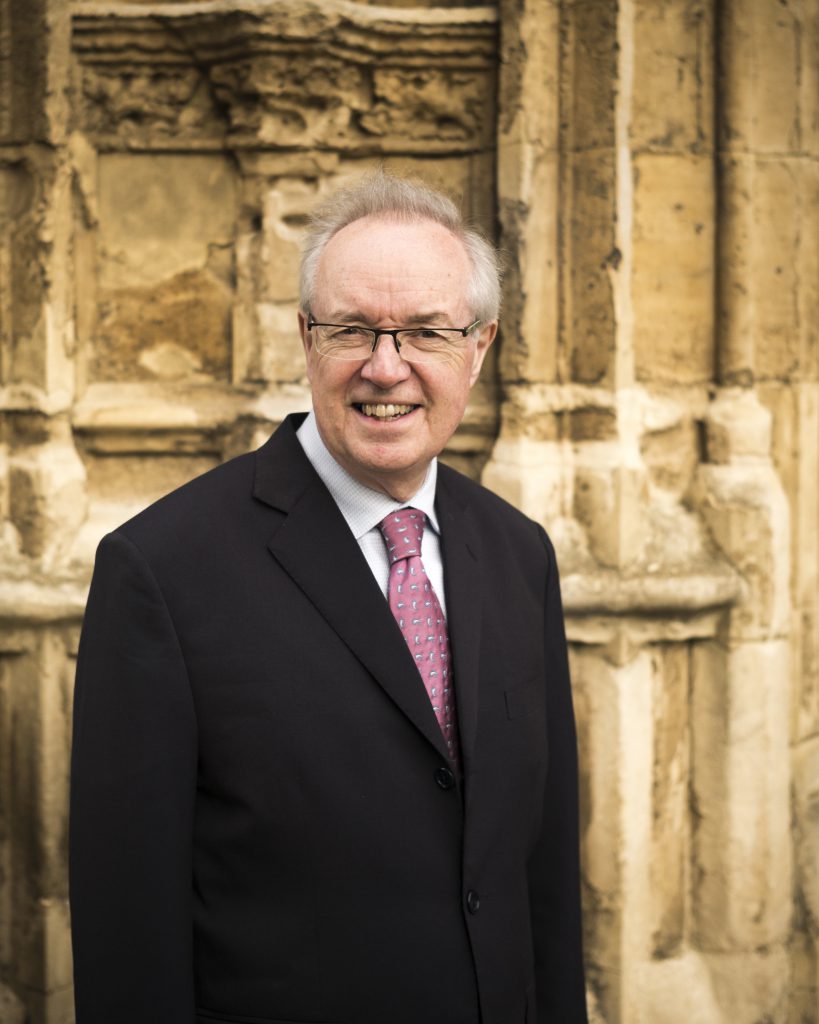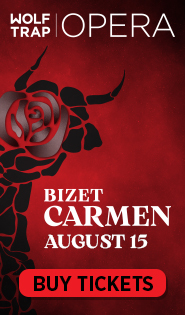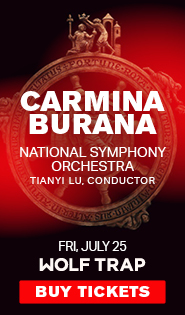Cleobury makes a valedictory tour stop with Kings College Choir

Stephen Cleobury conducted the Choir of Kings College Cambridge Saturday night at Washington National Cathedral. Photo: Nick Rutter
Stephen Cleobury is stepping down after 37 years at the helm of the Choir of Kings College Cambridge. In September Cleobury who has continued an almost 600-year tradition of choral excellence will hand off his responsibilities to Daniel Hyde, formerly a Kings organ scholar.
The choir has a devoted fan base in this country, people who tune into the Festival of Lessons and Carols every Christmas Eve and are treated every year to a new carol or two and the sound of one lone boy leading the processional in the first verse of “Once in Royal David’s City.”
But nothing really matches hearing them in person. Cleobury and the choir performed Saturday night at Washington National Cathedral, the middle stop in a three-concert U.S. farewell tour. The venue was filled to capacity long before the concert started, and for two-and-a-half hours this devoted audience was treated to a journey through four hundred years of the kind of music this choir has made its own.
The English boy-choir sound is probably as well suited to the lingering reverberations of the cathedral’s vast space as anything can be. Led by Cleobury, an understated presence on the podium, the sound of the choir’s fourteen young sopranos floated lightly and effortlessly over the agreeably comfortable harmonic cushion provided by the sixteen lower men’s voices of the “Choral Scholars.”
Musically, this distribution of forces was best suited to the largely homophonic pieces in the second half of the program, the Victorian anthems of Samuel Sebastian Wesley and Hubert Parry and the English greats of the 20th century, Benjamin Britten, Herbert Howells, Lenox Berkeley and Ralph Vaughan Williams. These composers set off rich sonorities against the fragility of a single soprano voice, allowing the tenors and basses long lyrical melodies in unison and featured dramatic contrasts of fortes and pianissimos.
Parry’s anthem, My Soul There is a Country, with its dramatic pauses, made the Cathedral’s echoes an asset, as they rang through the temporary silence and the several boy soloists in Britten’s antiphon Praised Be the God of Love projected weightlessly, answered gently but decisively by the men.
The Renaissance and early Baroque motets of the program’s first half presuppose a different kind of vocal balance, one in which the voice parts share melodic responsibilities and weave their lines into intricate textures. But, given the dominance of fourteen well-focused sopranos over the rest of the ensemble, such was not the case here.
The motets by Monteverdi, Tallis, Byrd, Lotti and others emerged as quite lovely in their own way but it is unlikely that anyone hearing these pieces without a program would recognize them as examples of polyphonic writing. Instead, as in the music of the second half, what was heard was soprano melodies with harmonic underpinnings.
Organ interludes by Bach and Vierne, nicely played by Henry Websdale and Donal McCann bridged the program’s transitions from renaissance to Baroque and from Victorian to 20th century.
The National Cathedral Choir performs the Mozart Requiem April 14. cathedral.org


